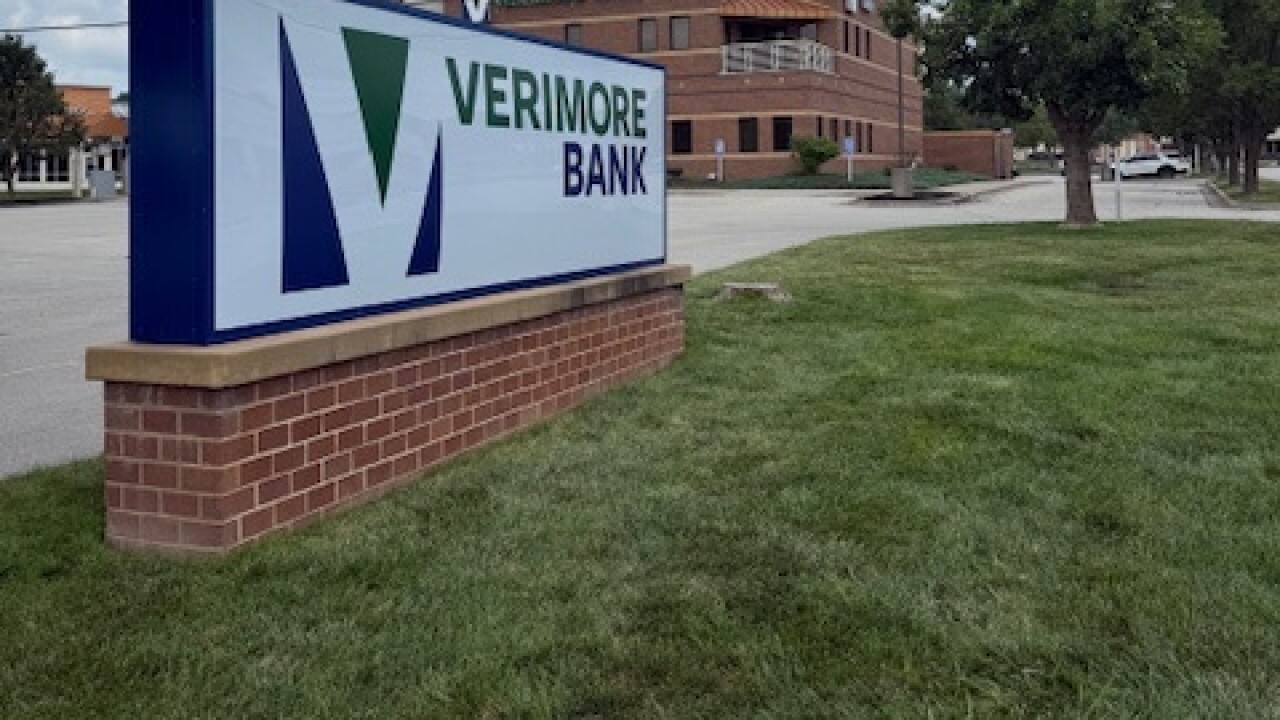In a sign that debit-card-style payments may finally win widespread adoption for Internet transactions, NYCE Corp. has already signed up several financial institutions and retailers to try out its new system for handling the transactions.
Debit cards, which require the use of personal identification numbers for verification, have never mustered a meaningful presence in Web-based commerce because of the headache of securing the transmission of the codes.
To enable consumers to pay for Web purchases with funds they hold on deposit, NYCE - operator of one of the largest automated teller machine and debit card networks - plans to issue modified, surrogate cards that fit into the compact-disk slot of a personal computer. Unveiled last week and known as SafeDebit, the product allows PINs to be introduced into the transaction.
Michigan National Bank, based in Farmington Hills, plans to issue SafeDebit to all of its on-line banking and brokerage customers as well as any others who request it. The bank has roughly 300,000 debit card holders.
Joel F. Blom, head of direct retailing and channel management at Michigan National, said the bank has been looking for ways to move PIN-verified debit to the Internet and "couldn't find any holes" in SafeDebit. He liked the e-walletlike features and the fact that, unlike smart cards or other solutions, it does not require big changes in infrastructure.
William J. Hammel, senior vice president of global software business at eFunds Corp., a Milwaukee-based unit of Deluxe Corp., said SafeDebit is better than other "funky" alternatives involving digital certificates or public key infrastructure. Those methods "tear up the infrastructure" and are not as convenient for consumers, who "want it to be easy to use and secure."
Woodcliff Lake, N.J.-based NYCE has also officially signed two retailers, CVS Pharmacy and Walgreen Co., to issue and accept SafeDebit. A number of software and systems providers are working on the project, including ACI Worldwide Inc., Cardpro, eFunds, GlobeID Software, Media Services, Paymentech Inc., QSI Payments Inc., and Transaction Network Services Inc.
On-line debit cards have been shut out of Internet commerce because of an inability to protect PIN transmissions with data encryption techniques like those employed at ATMs and points of sale. NYCE officials said that SafeDebit affords at least the same level of security and that it will be more practical to deploy and distribute than smart cards, an alternative that is being adopted in Europe but is so far absent from the U.S. banking system.
During the Bank Administration Institute's Retail Delivery '99 Conference in Miami Beach, NYCE chief executive officer Dennis Lynch said SafeDebit can be viewed as a step toward smart cards, should they begin to gain acceptance along with an infrastructure of reading devices at PCs and other terminal equipment. But that is not viewed as an immediate prospect, so NYCE is hoping that its proposal will gain adoption outside the northeastern and midwestern states where its members and operations are concentrated.
"We're going to open the doors for all of those customers that right now are a little bit unsure" about electronic shopping, said Mr. Lynch.
Also incorporated in SafeDebit, which is scheduled to hit the market in the second quarter, is a capability similar to that of the digital wallets that banks, Internet merchants and portals, and others are promoting to on-line shoppers. SafeDebit would store all necessary account data and shipping addresses for automatic filling-in of order forms.
NYCE's is not the first response to the Internet debit conundrum.
Smart cards have their share of advocates, especially since American Express Co.'s introduction this year of the Blue card.
Another way of authenticating customers, with or without smart cards, is digital signature and certificate technology. The ATM network Star Systems, Citibank, and several others joined a National Automated Clearing House Association project to test digital signatures with consumer debit payments. The private key for encryption can be stored in a smart card or on the client browser software.
Universal Teller Machine Systems Corp. of Bellevue, Wash., offers the UTM Reader, a diskette-shaped device that slips into a floppy drive and enables the PC to read a conventional card's magnetic stripe. The system incorporates digital certificate technology as a transitional step to smart cards.
EPacific.com, formerly Electronic Paycheck and a subsidiary of Community West Bancshares in Goleta, Calif., has developed a "virtual PINpad" that obviates the need for a physical reading device.
Mr. Lynch differentiated SafeDebit from the others, saying it can be readily adopted without infrastructure changes or disruptions.
"For all the world, it will look like our normal ATM/point of sale processing" without the wait for chip cards, he said.
Mr. Blom of Michigan National is a director of Mondex USA, the domestic franchise of the MasterCard-controlled smart card venture. He said he would advocate an eventual shift to smart cards, but at this point "whether or not [SafeDebit] is the final form of the product is irrelevant."
Carol A. Malicki, senior vice president of First Union ATM Solutions Inc. of Charlotte, N.C., said ATM networks provide a "level of confidence" that "may not be there with some other companies" - both for the consumer and the bank.
"We're very concerned about some of the other companies looking to come into the payment system that may not have the core competency that we have," she said.
However, Ms. Malicki said she does not expect NYCE participant First Union to jump right in to SafeDebit, given the bank's resources being devoted to Internet banking and other initiatives. "This is not something that we would necessarily be the first one to do," she said, anticipating a more advisory role.
Richard G. Lyons Jr., senior vice president of electronic banking and marketplace technology at Detroit-based Comerica Inc., said he is "certainly very much in favor of a bank-branded solution for secure Internet payments."





